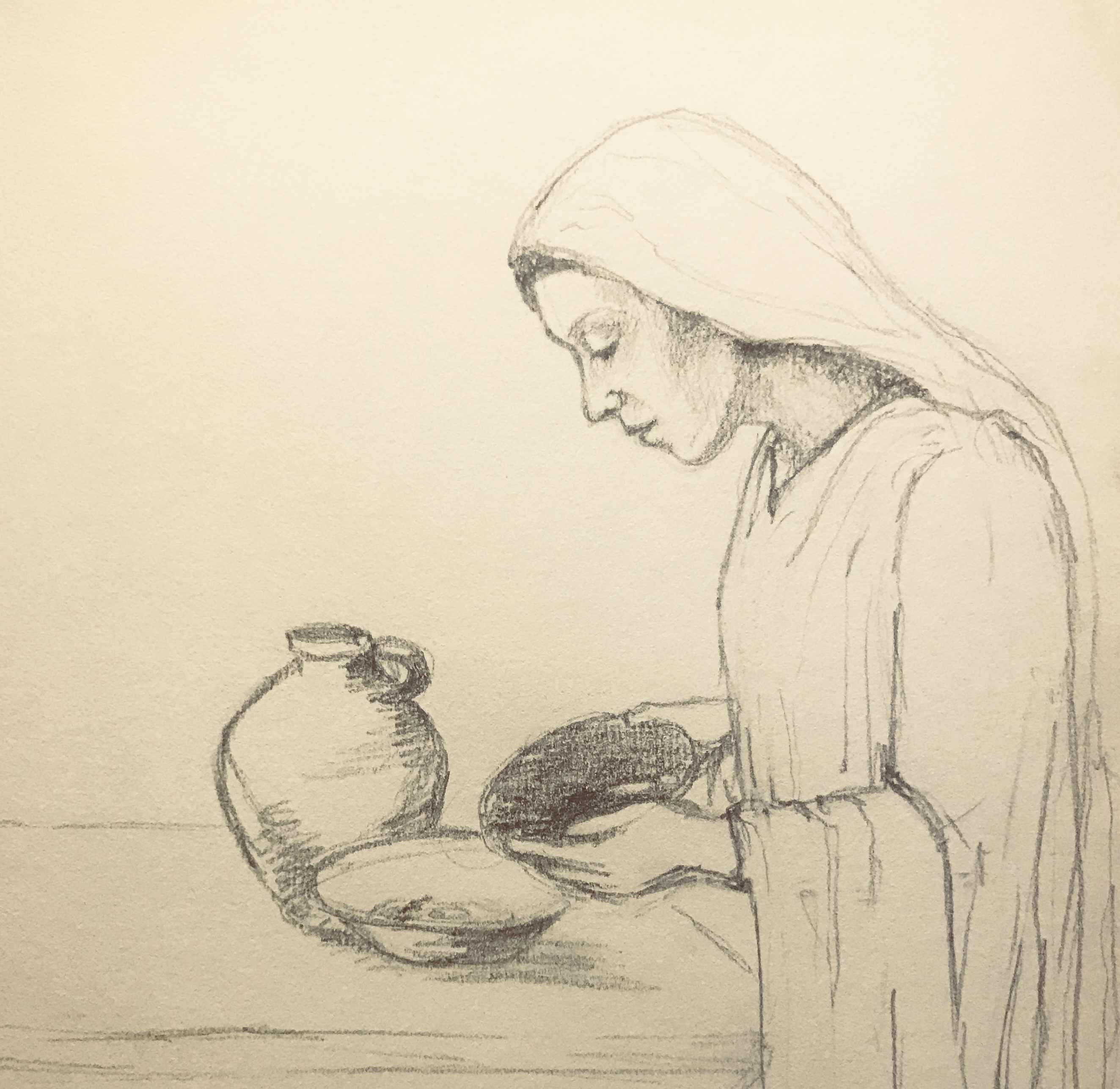In the conferences of John Cassian, there is a very important discussion about this virtue called “discretion.” It has to do with the monk’s ability to make a good discernment about what is the right course to take for someone who lives a radical life of psalmody, prayer, and work. When should I relax my normal rule of fasting? Should I follow what I am told to do by visions? Should I provide hospitality or seek greater solitude? If we look at the history of the development of Eastern monasticism we see a progression from certain inimitable examples of holiness and miraculous lives to the structures of cenobitism. Giving in to following austere practices that seemed synonymous with greater holiness was perhaps – at that time – an even greater risk than following a less severe and sometimes mediocre way. The prudence of a monk must incorporate the need for an austerity which says that I must live today as though it were my last day, and also as though I would have to live the same every day, over and over again, until I am 100. Between sleeping on the floor and sleeping on a great mattress, there is monastic discretion. Between eating three meals a day and eating once a week, there is monastic discretion.
Tuesday of the Tenth Week in Ordinary Time

At first glance the story about the widow in Zarephath seems a bit harsh, perhaps too demanding. How could God expect someone on the point of starvation to provide what would be their last meal to a stranger? Why would He ask someone to do such a thing? It reminds us of Abraham who is asked by God to offer his only son Isaac. When it is God Himself who asks, obedience must be understood as access to true happiness. God gives us these stories to remind us that we cannot discern what we ought to do without consulting Him, His Word, His prophets.

